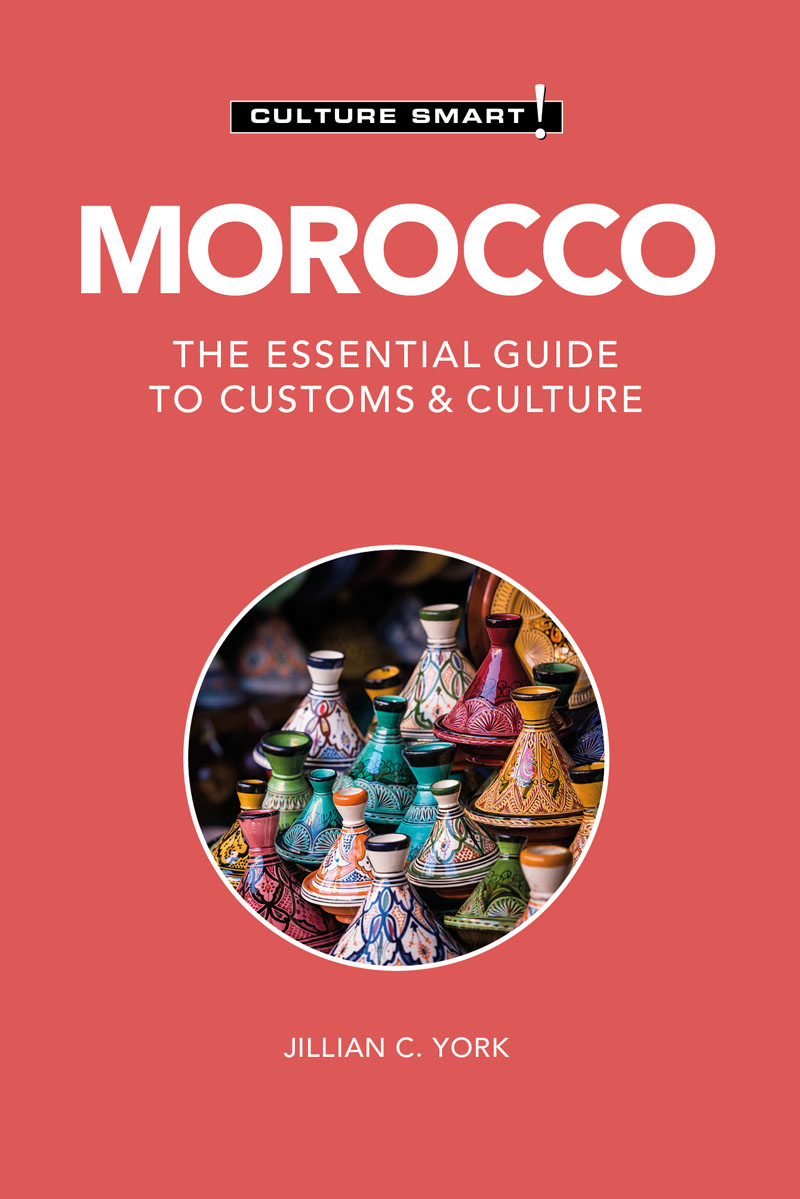
The real voyage of discovery consists not in seeking new landscapes, but in having new eyes.
Adapted from Marcel Proust, Remembrance of Things Past.
ISBN 978 1 78702 304 8
British Library Cataloguing in Publication Data
A CIP catalogue entry for this book is available from the British Library
First published in Great Britain
by Kuperard, an imprint of Bravo Ltd
59 Hutton Grove, London N12 8DS
Tel: +44 (0) 20 8446 2440
www.culturesmart.co.uk
Inquiries:
Design Bobby Birchall
Printed in Turkey
The Culture Smart! series is continuing to expand. All Culture Smart! guides are available as e-books, and many as audio books. For further information and latest titles visit www.culturesmart.co.uk
ABOUT THE AUTHOR
JILLIAN C. YORK is a Berlin-based writer specializing in the intersection of technology and politics. After graduating from Binghamton University with a B.A. in Sociology, she studied and taught in Morocco. Her writing has been published by the New York Times, the Atlantic, Die Zeit, Al Jazeera English, and the Washington Post, among others, and she is the author of Silicon Values: The Future of Free Speech Under Surveillance Capitalism, published in 2021. She is currently a project director at the Electronic Frontier Foundation.
CONTENTS
MAP OF MOROCCO

INTRODUCTION
Morocco is a land of vivid contrasts. The gateway to two continents, it is a country of spectacular landscapes, rich in history and heady with sumptuous scents and breathtaking sights. While the countryside is home to ancient traditions and diverse peoples, the ever-growing urban centers boast incredible new architecture alongside the old, and activities to suit all modern tastes.
In the crowded ancient medinas, young men in designer jeans haggle over cell phones alongside traditionally dressed women shopping for housewares. In the fertile countryside, a farmer riding on a donkey is as common a sight as a television satellite perched on a mud-brick roof. Moroccan culture is difficult to pigeonhole. It is a unique blend of Arab, African, and European ways of life, and the Moroccans wouldnt have it any other way.
After 1956, when Morocco gained independence following forty-four years of French colonial rule, the country was jolted into the twentieth century. Religious faith and traditional ways of life were forced to contend with Western ideals and norms introduced by the former colonists, and the Moroccan people had to adjust. Fortunately, Moroccans are incredibly adaptable and have managed to hold on to their values while moving forward.
The Moroccans are warm, hospitable, and open-minded, but for the uninitiated, there can be plenty of snares and snags along the road to acceptance. Culture Smart! Morocco aims to start you on the path to understanding this sometimes frustrating, yet rich and fascinating culture. The brief historical overview provides an insight into the way the past has helped shape modern Moroccan values and attitudes. There are chapters on customs and traditions, and on the complexities of modern Moroccan life, with advice on what to expect and how to behave appropriately in different situations. For the business traveler there is practical guidance on how to get things done, and how to make the most of the opportunities that present themselves.
Though Morocco has its share of issuesfor example, the dispute over the Western Sahara, a high, though declining, unemployment rate, and the emergence of social movements that have begun to influence the countrys politicsmany Moroccans remain as loyal to their king as they are to God, a fact that is epitomized in the countrys motto: God, the Country, the King. They are also fiercely loyal to family, but they will welcome you into their inner circle if, by showing flexibility and respect, you allow them.
KEY FACTS
Official Name | Al-Mamlakah al-Maghribiyah (Kingdom of Morocco) | Morocco is an associate member of the European Union. |
Capital City | Rabat (metropolitan population approx. 2.1 million) |
Main Cities | Casablanca (official population approx. 4.2 million) | Smaller cities: Fs, Mknes, Tangier, Marrakech, Oujda. |
Population | Approx. 37 million |
Area | 267,930 sq. miles (446,550 sq. km) |
Terrain | Mountain ranges, incl. the Atlas Mountains, run NESW; fertile coastal plains in W |
Climate | Varies significantly. Four general climates: Desert (hot with little precipitation); Mediterranean (mild winters, temperate summers); Middle Atlas and mountains (hot, dry summers, cold winters); High mountain (cold and snowy in winter, hot and dry in summer, with cold nighttime temperatures). |
Language | Arabic and Tamazight are the countrys two official languages. While standard Arabic is the language of television and print, Moroccans speak a dialect known as darija. | French is widely taught and spoken, and Spanish remains common in formerly colonized areas. |
Religion | 98% of Moroccans are Sunni Muslim. |
Government | Constitutional monarchy. Executive power is in the hands of the parliament. | A prime minister and ministers are appointed and are answerable to the King and parliament. |
Currency | Moroccan dirham (MAD or dh) | It is illegal to export Moroccan dirhams. |
Media | 2M and TVM are the national TV networks. There are a few local and many satellite stations. National newspapers are available in both French and Arabic. | There is no English-language newspaper, but international papers and magazines in English are available. |
Electricity | Power plugs and sockets are type C and E. The standard voltage is 220 V and the standard frequency is 50 Hz. | Two-prong European plugs are used. |
DVD/Video | Morocco uses the SECAM system for TV/video, which is also used by France. | DVD is European-region; however, many DVDs are not legal copies and are therefore playable on all regional players. |
Internet Domain | .ma | The Arabic top-level domain  is also in use. is also in use. |
Telephone | Moroccos country code is 212. | To call out of Morocco, dial 00 and then the country code. |
Time Zone | GMT | Daylight Saving Time in use since 2013. |

Next page
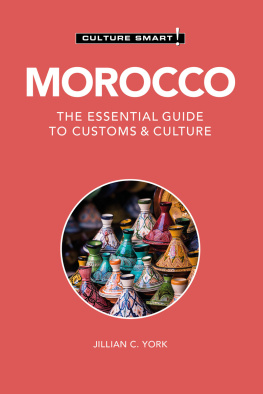
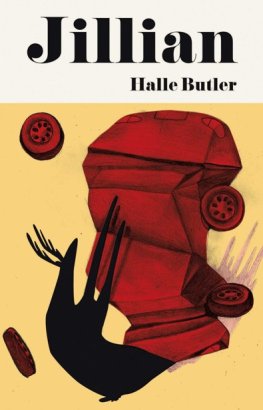
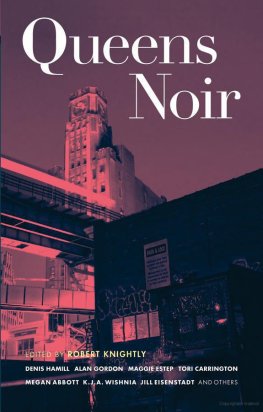
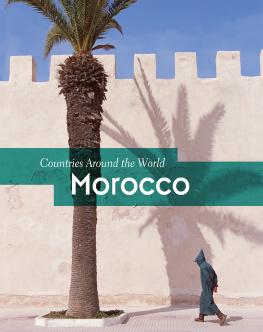
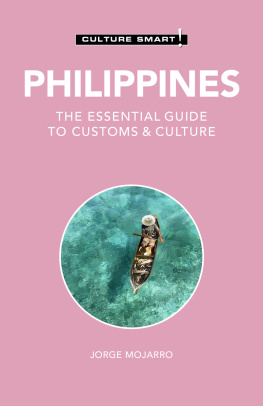
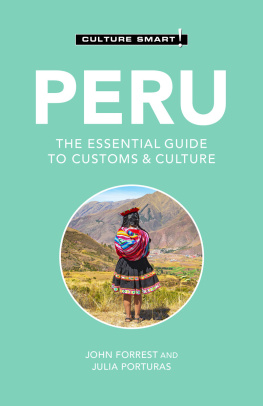
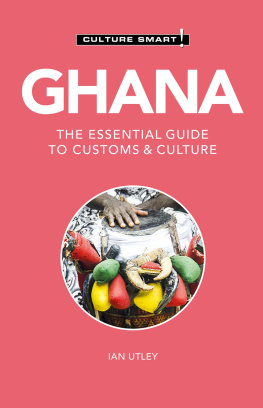
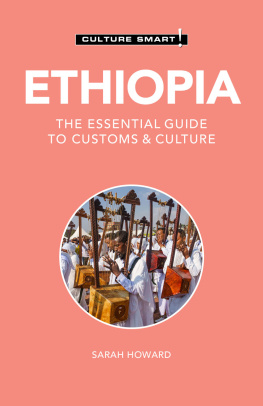
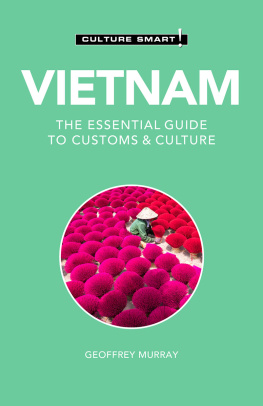
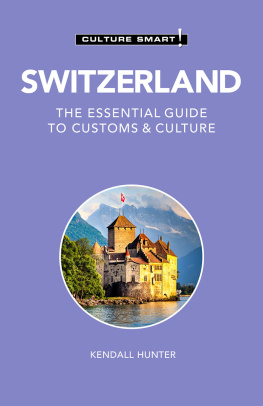
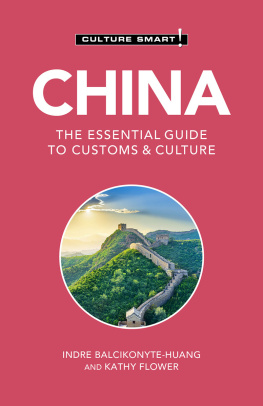
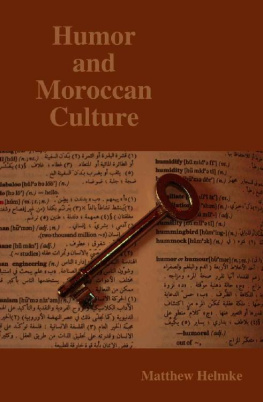



 is also in use.
is also in use.